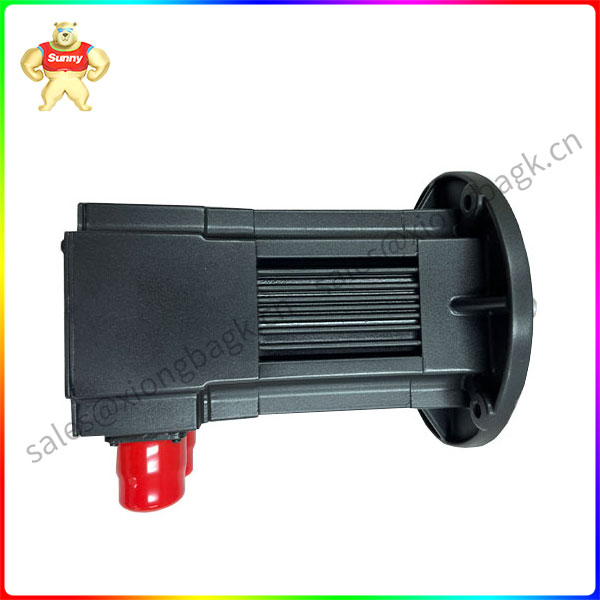“We will launch a counter-offensive soon.” SoftBank Group founder Masayoshi Son appeared again at the company’s earnings conference and said, “I hope SoftBank can lead the artificial intelligence (AI) revolution.”
In the view of the industry, Sun’s remarks indicate that it will begin a “large-scale counterattack.” The latest news pointed out that Sun Zhengyi’s latest investment object is a robotics company.
The first investment went to Telexistence
Japanese robotics startup Telexistence said it has raised $170 million in Series B funding, Investors include SoftBank, Airbus Venture Capital Fund, GLP’s Monoful Partners, KDDI Open Innovation Investment Fund (a fund set up by Foxconn and CTBC Financial Holdings), and Japan’s Globis Capital Partners. In addition to this funding, Telexistence also announced a strategic partnership with SoftBank Robotics Group, a unit of SoftBank Group, to accelerate its commercialization in North America.
Founded in 2017, Telexistence develops AI-powered robotic arms for the retail and logistics industries. According to public information, the company has raised nearly $200 million. Jin Tomioka, CEO of Telexistence, said in a statement that the company would use the newly raised funds to strengthen its workforce globally.

R43HCNAR2NSVS00
Last year, Telexistence said it would deploy robots in 300 Familymart convenience stores across Japan. Just recently, it was revealed that Telexistence has entered into a partnership with Foxconn to mass-produce its next-generation robot model, GHOST.
In recent years, many startups in the field of robotics in Japan have been sought after by the market. In the first half of this year, Japanese robotics startup LexxPluss announced that it received 1.45 billion yen (equivalent to about $10.7 million) in series A financing, with a valuation of 5.26 billion yen (equivalent to about $38.8 million). The round was led by Drone Fund with participation from SOSV’s HAX, Incubate Fund, SBI Investment and DBJ Capital.
Is it too late to enter?
In fact, SoftBank has been very optimistic about investment in the field of robotics, as early as 2020 invested in California-based Bear robotics. Through the second phase of the Vision Fund, SoftBank has also invested in Shanghai-based service robot developer Keenon Robotics, among others. For the battlefield of AI, whether it is SoftBank China or the Vision Fund, it has not stopped investing in China.
However, SoftBank has also suffered many setbacks on the robot circuit. Previously, Zume, a robot pizza delivery startup that raised nearly $500 million, announced its bankruptcy, which added a new amount to SoftBank’s failed investment case. Zume Pizza was founded in 2015, with CEO Alex Garden and co-founder Julia Collins hoping to turn the company into “the Tesla and Amazon of fresh food.” In total, Zume has raised nearly $500 million, and SoftBank invested about $375 million in the tech startup in 2018.
Over the past six months, Sun Zhengyi has faced the wreckage left by his investment in previous years, while witnessing the global artificial intelligence track exploding. According to the latest data from market research firm pitchbook, SoftBank has invested in only one of the 26 generative AI unicorns – startups valued at more than $1 billion – in the world.
Therefore, on the one hand is a failure case, on the other hand SoftBank also wants to share a piece of the artificial intelligence wave this year. It is reported that SoftBank Group plans to independently develop its own generative AI, hoping to push the broader industry into this field with its own model. In SoftBank’s view, in the era of artificial intelligence, Arm’s semiconductor industry is an important engine. At present, SoftBank Group is pushing Arm to go public. It is reported that Arm is currently in talks with potential strategic investors, including Intel Corp., which is considering becoming an anchor investor in Arm’s listing. Once completed, Arm is expected to be the world’s largest IPO this year.
However, there are also people in the industry worried that there is a lot of hype and bubbles in the AI industry, and SoftBank is now so “high-profile” to join the AI war, is it too late?
 中文版
中文版




